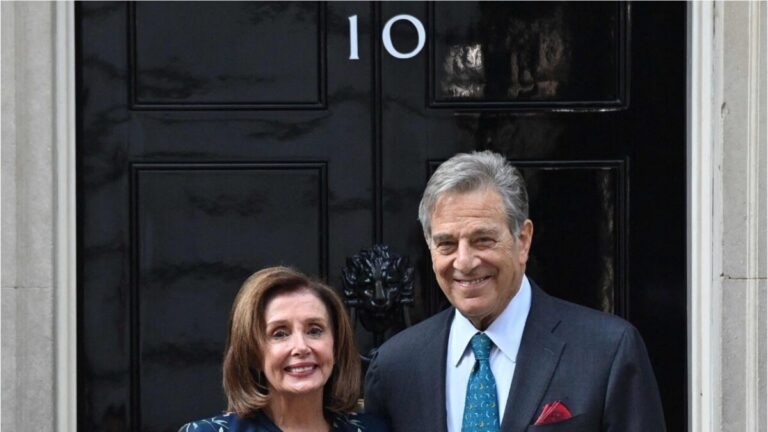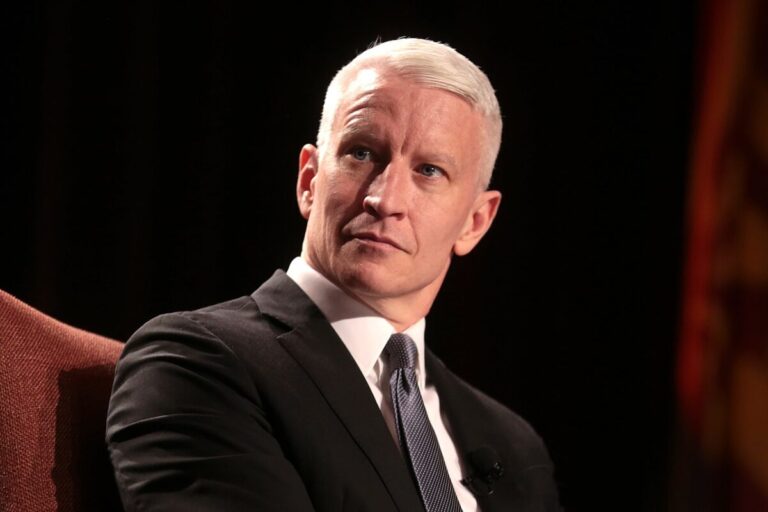The House of Representatives passed a three-month stopgap bill on Wednesday in a 341-82 vote, successfully averting a government shutdown just ahead of the September 30 deadline. The bill will fund the government at current levels until December 20, providing a temporary solution to the budget impasse that had threatened to shut down federal operations.
PASSED: House sends stopgap funding bill to the Senate in a 341-82 vote.
GOP breakdown is 132-81. All 209 Dems supported it.
— Jack Fitzpatrick ☘️ (@jackfitzdc) September 25, 2024
A key provision of the bill includes $231 million for the U.S. Secret Service to “carry out protective operations,” a necessary allocation given the heightened security needs surrounding the 2024 Presidential Campaign and National Special Security Events. The extra funding follows two recent attempts on the life of President Trump, highlighting the urgency of bolstering protective measures.
However, the bill notably excluded the SAVE Act, a controversial piece of legislation that would have required proof of citizenship to register to vote. This omission has sparked disappointment among some Republicans, including those pushing for stricter voter identification requirements as a priority ahead of the 2024 elections.
House Speaker Mike Johnson (R-LA.) was forced to suspend the rules, bypassing the regular procedural process that would have required a simple majority vote. Lacking full backing from his own party’s right flank, Johnson needed bipartisan support to ensure passage. Ultimately, the bill succeeded with the help of Democrats, underscoring the ongoing intra-party divisions within the GOP regarding how to address budget and voting reforms.
The bill now heads to the Senate, where it is expected to pass without major opposition. Once approved, the measure will be sent to Joe Biden for his signature, likely arriving on his desk Wednesday evening. The temporary funding measure ensures that government services will continue uninterrupted, buying time for lawmakers to negotiate a more comprehensive budget agreement before the new December deadline.
The stopgap legislation represents a compromise, as earlier attempts by Speaker Johnson to pass a more partisan bill had failed, leaving little room for maneuvering as the shutdown deadline loomed. President Trump had also pushed for a shutdown in protest over the absence of stricter voting laws, further complicating negotiations. Ultimately, bipartisan cooperation prevailed, allowing Congress to avert another costly shutdown, at least for the time being.
As lawmakers leave Washington to focus on the upcoming November elections, attention will turn to how both parties navigate the broader budgetary and political battles still looming on the horizon.




Leave a Comment